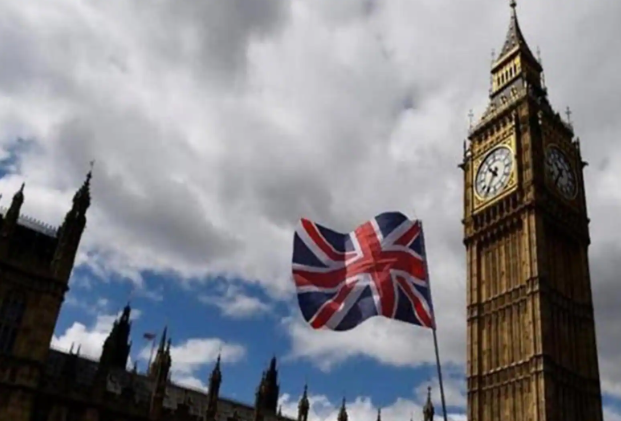UK Enters Technical Recession Amid Economic Challenges
According to latest GDP figures, the United Kingdom has slipped into a technical recession, with the economy contracting 0.3% in Q4 2023 after a 0.1% decline in Q3. This worsens the economic backdrop for PM Rishi Sunak’s government ahead of elections. Sunak promised to get the economy growing as one of his key pledges to voters last year.
Manufacturing, construction and wholesale were the largest contributors to the decrease in GDP in the fourth quarter. GDP per person has not grown since early 2022, representing the longest such unbroken run since records began in 1955.
Defining a Technical Recession
A technical recession refers to when a country’s real GDP registers two consecutive quarterly declines. While yet to officially confirm, another quarter of negative growth in early 2023 would mark the first UK recession over two quarters since the 2008-09 global financial crisis.
Broader UK Economic Health
However, Britain’s overall economic output still stands nearly 1% higher than pre-pandemic levels in late 2019, outperforming several major economies. But poor growth rates persisted through 2022 and 2023 compared to other G7 countries except Germany.
Britain joins Japan among the Group of Seven advanced economies in a recession, although it is likely to be short-lived and shallow by historical standards. Canada has yet to report GDP data for the fourth quarter.
Factors Driving Downturn
Rising inflation, tax increases and higher interest rates have squeezed British consumer demand and business sentiment. Labour shortages have also impacted productivity. Global recession fears and trade barriers arising from Brexit hurt exports performance too.
Household Income Crisis
With real wage growth trailing steeply below inflation at 9-10%, UK households face the worst living standards crunch in generations. This severely limits purchasing power and spending.
Political Impact
The recession tags the Conservative government struggling to script an economic turnaround after years of stagnation under different leaders. With rising price pressures, its credibility on financial management faces erosion ahead of likely general elections.
Policy Responses
While the Treasury emphasizes staying with tough fiscal decisions, the continuing downturn may force a rethink and pre-poll tax cuts. Demands grow for increasing spending to boost growth. The Bank of England also faces calls for reversing its rate hike policy to stave off protracted recession.
The BoE forecasts output will pick up slightly in 2024 but only to 0.25% growth. Bank of England Governor announced that “While the Bank of England’s focus will likely remain on price data, the bigger drop in output and the politics of being in a technical recession will no doubt become uncomfortable”.
Category: International / World Current Affairs






